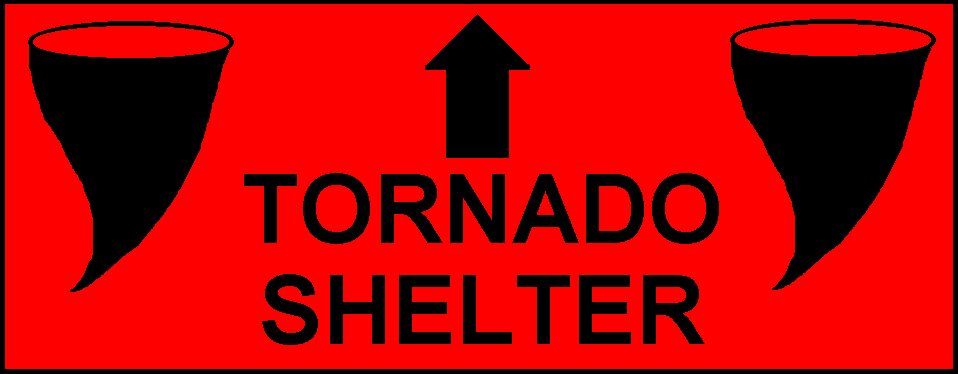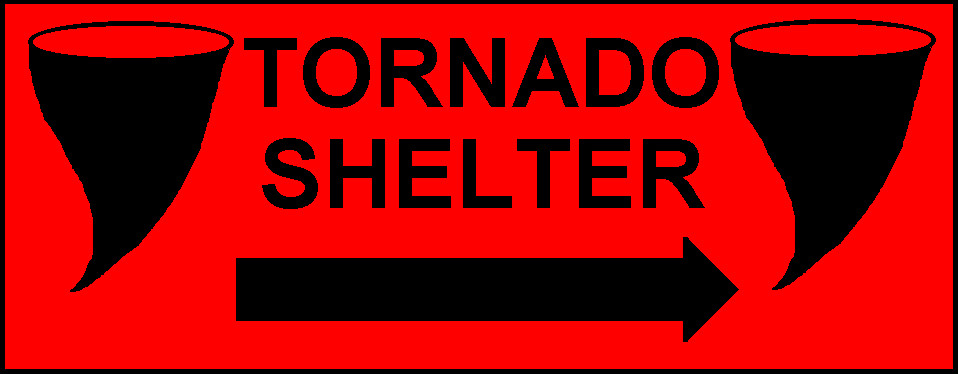What Makes a Stock Go Up or Down Knowledge Center
Post on: 16 Август, 2015 No Comment

The Federal Reserve System: A Government You Can’t Ignore
The Federal Reserve System (the Fed) is so powerful that anything it does influences the stock market. Often, you will hear more about the actions of the Federal Reserve Board (FRB), a seven-member group that directs the actions of the Federal Reserve System.
The Fed has many duties, including monitoring the economy for problems (especially inflation or deflation) and controlling the country’s money supply. It has a powerful tool that directly affects the stock and bond markets-the ability to raise or lower interest rates. The Fed doesn’t lower or raise interest rates by flipping a switch. Instead, it either buys or sells millions of dollars worth of Treasury securities, which allows it to adjust interest rates.
Why is this so important? When the Fed lowers interest rates, it means that it will be cheaper for people to borrow money. After all, many Americans love to borrow. When interest rates are lower, more people can afford to buy a house. After they buy their house, they also need furniture, housewares, and appliances. The more money consumers and businesses spend, the better it is for the economy.
Therefore, when interest rates are lowered, the stock market often goes up. Conversely, when interest rates are raised, the stock market tends to go down. Beginning in the 1990s, the Fed began to raise interest rates, a quarter to a half point at a time. The idea was to poke a hole in the irrationally exuberant bull market, which was rising faster than anyone had ever imagined. The market seemingly ignored the Fed and continued to go higher. Finally, in early 2000, the market responded to the multiple interest rate increases. The Nasdaq began to fall by hundreds, then thousands, of points. The Fed, which had so diligently raised interest rates, frantically began to lower them.
There’s an old saying, Don’t fight the Fed, that is known by most investors, but unfortunately this advice didn’t work the way it had in the past. Once again, the markets seemingly ignored the actions of the Fed, continuing to plummet. As a result of the lower interest rates, however,the real estate market boomed, and many people took the opportunity to refinance their homes.
If you are watching the stock market, it is always a big deal if the Fed raises or lowers interest rates. The market may rally on news of a rate cut or fall on news of a rise in the rates. Often, the market moves dramatically in advance of a Fed decision.
There is something else you should know about the Fed. Technically, it isn’t supposed to care about the stock market, and if you ask the board members, they will say that they are not influenced by the market. But it’s an open secret that they do pay attention. The bottom line is, if you are in the stock market, you should pay attention to what the Fed does.
The Dollar: I’m Falling and I Can’t Get Up
One economic indicator that you should keep your eye on is the dollar. When the dollar is strong against other currencies, like the yen and the euro, foreign investors will buy our Treasuries and invest in our stock market. That’s the good news. The bad news is that the strong dollar makes our goods undesirable to foreigners because they are so expensive. A strong dollar also makes it hard for people to travel to the United States because it is so expensive.
On the other hand, when the dollar is falling and is weak against other currencies, foreigners pull their money out of our stock market. (Basically, they get hit twice, once when their U.S. stocks fall in price, and again when they lose money on the currency.) As the dollar falls, the stock market tends to go down in price. This is also not a good time to travel overseas, as it will be more expensive. Perhaps the only positive thing that comes from a weak dollar is that foreigners can now afford to buy our goods and services, which pleases American manufacturers. If you are in the markets, keep your eye on the strength or weakness of the dollar. If you see the dollar falling, as it did in 2002, this is a clue that foreign investors may get spooked and begin pulling their money out of our stock market.
Inflation
Inflation simply refers to how much the prices of the goods and services that you buy go up each year. It is usually written as a percentage. When you study economics, you hear a lot about inflation. One of the reasons that people invest in the stock market is to try to beat inflation. For example, suppose inflation is currently at 1%. That means that it will cost you 1% more than the year before to buy goods and services. When you go shopping, you find that groceries, cars, and home appliances have gone up in price from the year before.
Too much inflation is not good for the economy, which is why the markets don’t like it. It means that people are getting less for their dollars. Conversely, low inflation is good for consumers because they can afford to borrow, charge purchases on credit cards, and buy houses. The more consumers spend, the better it is for the economy.
Economists are generally pleased if inflation remains at no more than 3 or 4%, although in 1980 inflation went as high as 18%. In addition, the Fed responds by raising interest rates, which restricts the flow of money into the economy. In periods of inflation, the price of investments such as certificates of deposit (CDs) and money market accounts rises (when the Fed raises interest rates to combat inflation, fixed-income investments that are dependent on interest rates move higher).
One of the reasons that investing in the stock market is a good idea is that historically the market has returned 11% a year 1. handily beating inflation. Of course, there is no guarantee that the stock market will come close to returning 11% this year or next. On the other hand, if you see inflation rising, that could be a clue for you to move some of your money out of the market and into alternative investments to stocks like a money market account or short-term Treasuries.
Economic Indicators
The government has ways to measure whether the prices of goods and services are rising or falling. For example, the consumer price index (CPI) measures changes in everyday prices like those of food, housing, and clothing. Some people refer to it as the inflation number or the cost of living index. If the CPI goes up, this means that inflation is rising.
The producer price index (PPI) determines whether inflation is rising or falling by measuring the prices of commodities, including raw materials like steel and aluminum. If the prices of raw materials are going up, consumers will ultimately pay more at the supermarket and the gas station.
In addition to the CPI and PPI reports, the U.S. Department of Labor issues the closely watched UNEMPLOYMENT REPORT. The results of this report directly influence the stock market. If the unemployment rate is low-under 6%-there are many jobs available. If the unemployment rate is high-over 6%-the job market is tight and it’s hard to find jobs. On the day these reports are released, the market reacts in unpredictable ways. In general, the market likes to see low CPI and PPI numbers and a decrease in unemployment.
There are many other reports released by the government that are watched closely by investors and traders. For example, the gross domestic product (GDP) is a quarterly report that measures the quantity of goods and services being produced in our economy. The GDP is a useful but broad barometer of how the economy is doing. The higher the GDP (expressed as a percentage), the faster the economy is growing. If GDP is growing by more than 3%, the economy is on the right track. If GDP is negative, either the economy is not growing or we could be in a RECESSION (defined as two or more quarters of negative GDP).

Deflation: An Unusual Nightmare
To understand deflation, let’s review what we mean by inflation. When the price of goods rises each year, when everything costs more, this is inflation. Deflation, on the other hand, can be defined as an economic condition in which the supply of money and credit is reduced. Although inflation is common, deflation is quite rare in the United States.
To the uninformed, deflation seems like a good thing. The prices of nearly everything fall as the supply of goods piles up. Manufacturers are forced to cut prices even further to entice shoppers to buy. On the other hand, companies cut employees, real estate prices fall (because borrowers cannot pay back their loans), and the stock market goes through a rough period. Prices are low, but few people have the money to buy anything. Those who do have money tend to wait for prices to drop even further.
One of the best ways to protect yourself against deflation is to get out of debt. That means paying off your credit cards, your car loans, and your mortgage (although you should talk to a tax adviser before doing the last of these). In addition, force yourself to save more. If we really do have a deflationary crash, those with the most cash will prosper. Because deflation is rare in the United States, there is no need to panic-at least, not yet. Just keep a close eye on economic conditions and be prepared to act if things get dicey.
Politics: The Government Influences the Stock Market
The actions of the president and Congress affect the stock market. Whether it is a major presidential speech, higher taxes, or a new law, how the market reacts depends on how Wall Street interprets the news. After all, the market is based more on perception and psychology than reality. Politics is so intertwined with the financial markets that it would take a political scientist to explain it all.
Other Reasons Stocks Go Up or Down
The most obvious reason that a stock goes up or down has to do with how much money the corporation makes. If a company is making money or might make money in the future, more people will buy shares of its stock. The name of the game is supply and demand. Because of supply and demand, when there are more buyers than sellers, the stock price will go up. If there are more sellers than buyers, the stock price will go down.
Often stocks go up or down based primarily on people’s perceptions. This is why so many corporations spend a lot of money on advertising and on actions that will bring them positive publicity. This is also why some shareholders send out emails to strangers or post messages in Internet chat rooms to try to convince people to buy more stock.
Stocks also go up or down depending on the mood of the country and the state of the economy. Once again, a lot is based on perception. If people believe that economic conditions are improving and the country is on the right track, they will be more inclined to invest in the stock market.














